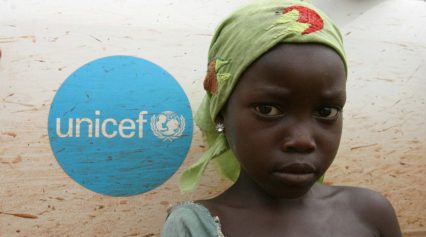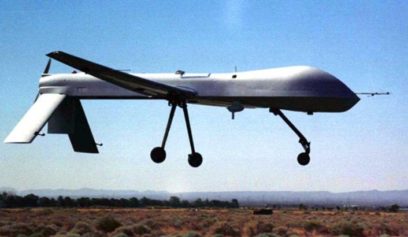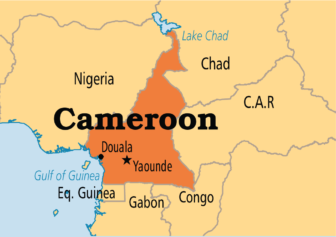Less than two weeks after the Nigerian extremist group Boko Haram rejected President Goodluck Jonathan’s offer to grant amnesty to the militants, the Nigerian government realizes the difficulties inherent in waging a war on a group that follows no protocols or rules of warfare.
When the Nigerian military initiated an action Friday against Boko Haram in Baga, a village on Lake Chad near Nigeria’s border with Cameroon, the results were tragic. Nigerian soldiers surrounded a mosque, believing they had trapped members the Boko Haram. But the rebels fired rocket-propelled grenades and sprayed machine-gun bullets into neighborhoods filled with civilians, who were forced to flee into the arid scrublands.
By Sunday, when government officials felt safe enough to view the destruction, they returned to Baga to find homes, businesses and vehicles torched and at least 187 people dead, many of them perishing in the fires that raged throughout the village.
Brig. Gen. Austin Edokpaye said the extremists used civilians as human shields during the fighting – implying that soldiers opened fire in neighborhoods where they knew civilians lived.
“When we reinforced and returned to the scene, the terrorists came out with heavy firepower, including (rocket-propelled grenades), which usually has a conflagration effect,” the general said.
But Baga residents have accused the military, not Boko Haram, of firing indiscriminately at civilians and setting fire to much of the fishing town. In addition to the 187 people killed, 77 others were injured and more than 300 homes were destroyed, according to the Red Cross.
It was just the latest in a campaign of violence Boko Haram has waged in recent years, killing at least 2,000 people in an effort to create an Islamic state in Nigeria’s predominantly Muslim north.
Abubakar Shekau, the leader of Boko Haram, responded to President Jonathan’s amnesty entreaties by saying his group had done no wrong and so an amnesty would not be applicable to them.
It is Nigerian government committing atrocities against Muslims, he said.
“Surprisingly, the Nigerian government is talking about granting us amnesty. What wrong have we done? On the contrary, it is we that should grant you [a] pardon,” AFP news agency quotes him as saying in a Hausa-language audio recording.
There is precedence for the granting of amnesty: In 2009, then-Nigerian President Musa Yar Adua granted amnesty to thousands of militants wreaking havoc in the oil-rich Niger Delta in the south.
The violence fell dramatically, but there are worrying warnings of further unrest in the Delta, analysts say.


